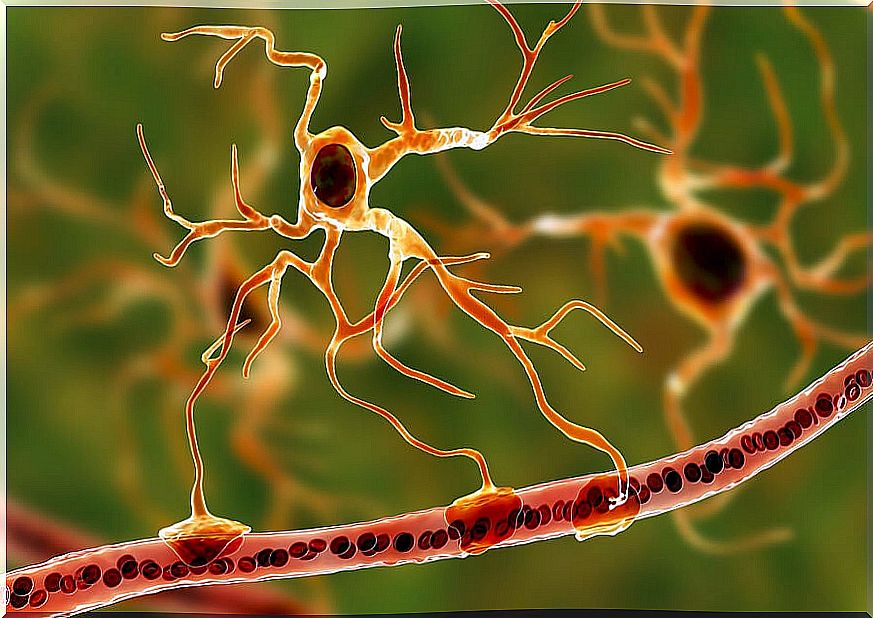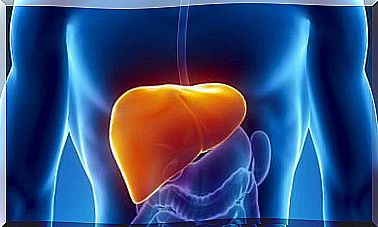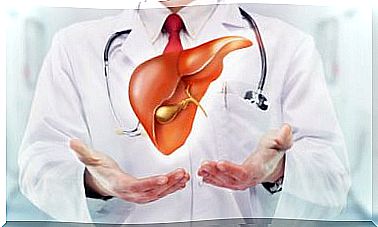How Obesity Affects The Brain
Obesity alters the normal functioning of the body. In addition to increasing the risk of developing diseases in the medium and long term, it is also capable of influencing cognitive performance.
For this reason, it is essential to reduce the levels of overweight. This will help to significantly improve the quality of life. Next we will show you how obesity is capable of affecting the brain.
Obesity reduces brain performance
Obesity is capable of reducing the performance of the brain and accelerating its aging. This occurs from the promotion of oxidation and inflammation processes. This is stated in an article published in the journal The Proceedings of the Nutrition Society . Furthermore, this obese condition could increase the risk of dementia in older individuals.
On the other hand, being overweight is linked to a worsening of metabolic health markers. This situation is capable of increasing the feeling of tiredness and fatigue of the individual, which not only occurs at the muscular level, but is also capable of extending towards cognitive function.
In this way, obesity is a condition that can affect several of the main systems that make up the human body. Having this disease prevents the body from working properly.
Relationship between Alzheimer’s and obesity
Obesity is capable of precipitating cognitive decline. Thus, for years it has been associated with an increase in dementia processes. But in addition, an article published in the International Journal of Molecular Sciences relates the condition of being overweight and obese with an increased risk of developing Alzheimer’s.
The proposed model is an increase in the permeability of the intestinal and blood-brain barrier. From here, the number of beta amyloid compounds that are synthesized and that enter the central nervous system increases. This is related to the risk of suffering this type of neurodegenerative diseases.
To lessen the impact of this situation, supplementation with probiotics can be positive. These bacteria colonize the walls of the intestinal transit and reduce the genesis of toxic waste products and the permeability of the intestinal wall.

Dietary guidelines to reduce weight
When seeking to abandon obesity, it is necessary to carry out a series of dietary strategies. The goal is to improve the quality of your diet and increase the speed of weight loss. Both intermittent fasting and carbohydrate restriction are very effective in the clinical setting.
In addition, there are a number of supplements or substances that can support the weight loss process. Consuming tea or coffee frequently and adding spice to meals are strategies that report a high level of effectiveness.
Although some types of obesity are linked to certain genetic factors, in most cases the reasons are environmental. People who suffer from this disease tend to have unhealthy lifestyle habits, which leads to the accumulation of energy in the adipose tissue.
For this reason, changes in diet and the implementation of an exercise routine usually produce satisfactory results.

Obesity is a risk factor for cognitive decline
As we have said, obesity is a disease that causes the deterioration of various organs of the body. One of them is the brain. An overweight condition can cause a reduction in cognitive performance, as well as a higher incidence of neurodegenerative pathologies.
To prevent this type of situation, it is essential to reduce body weight. This objective can be achieved by improving the individual’s eating habits and increasing their level of physical activity. From here, there are a number of strategies that can help you reach the goal.
The consumption of foods with antioxidant and anti-inflammatory character may be able to delay the development of this type of disease. Also probiotic supplementation may be able to reduce the incidence of cognitive problems.









